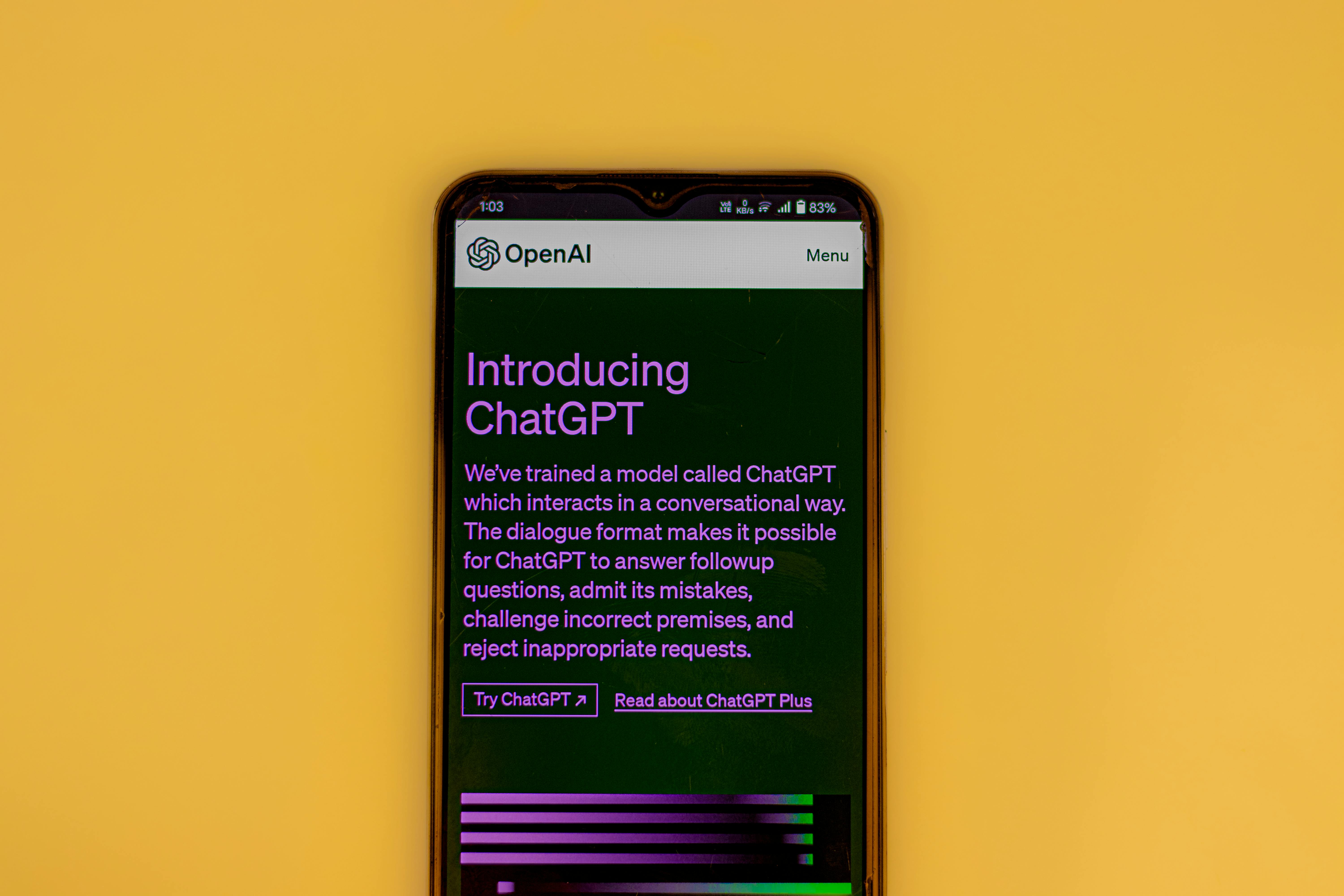News release
From:
Using Artificial Intelligence (AI) to Assess the Prevalence of False or Misleading Health-Related Claims
Research led by the charity HealthSense has found that almost all practitioners of selected therapies regulated by the Complementary and Natural Healthcare Council could be making claims that are not supported by evidence. An AI tool looking at a selection of pseudoscientific therapies found that 97% of working websites contained misleading claims, including some related to the treatment of cancer. The authors checked the quality of the AI judgments by assessing themselves a sample of the websites. They concluded that AI could be a useful means of improving health care regulation.



 International
International



